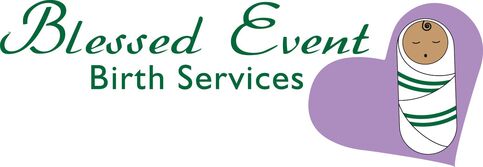In this time of social media, and constant news updates it is hard to know where to go to get the most up to date and accurate information. While I love Google for finding information, it can be a challenge to get solid information about Covid, and there isn't much out there about the impact of Covid on pregnancy, birth and postpartum.
In looking for resources to get reliable information about Covid and evidence based recommendations, I want reliable, up to date, evidenced based sources that are staying abreast of the most recent information and data coming in. I do not want a flashy headline preying on fears and lack of information. I do not want conjecture, supposition, or guesses. I want to know what the experts are learning from the data. I want information presented in an easy to understand manner, and that pertains to real world situations that I can apply in my midwifery practice.
I love evidencebasedbirth.com. It's a great source of current, evidence based information for pregnancy, birth and postpartum. This website has impressed me even more by having the very latest data and studies pertaining to Covid, and this is updated regularly. It is presented in an easy to understand format with links to the actual data sources if you want to read more in depth.
A great resource focusing on women's health is avivaromm.com/category/covid-19/. Dr Romm has easy to understand information, and answers questions such as "Can you treat Covid-19 naturally?". Her common sense approach and background as an herbalist, midwife and doctor gives her a well rounded perspective on Covid.
Other good sources on Covid are coronavirus.jhu.edu, www.nih.gov/coronavirus and guidelines-research-services/coronavirus-covid-19-pregnancy-and-womens-health. Please note that not all of these sites are focused on pregnancy, or are US based.
As a midwife, I need to keep up to date on how Covid can affect pregnancy, birth and postpartum. I want to be using the most current, evidence based guidelines and recommendations to provide the best care possible for my clients.
In sharing the sources I am using, I want to encourage you to educate yourself and use that information to decide what is best for you and your family.

 RSS Feed
RSS Feed